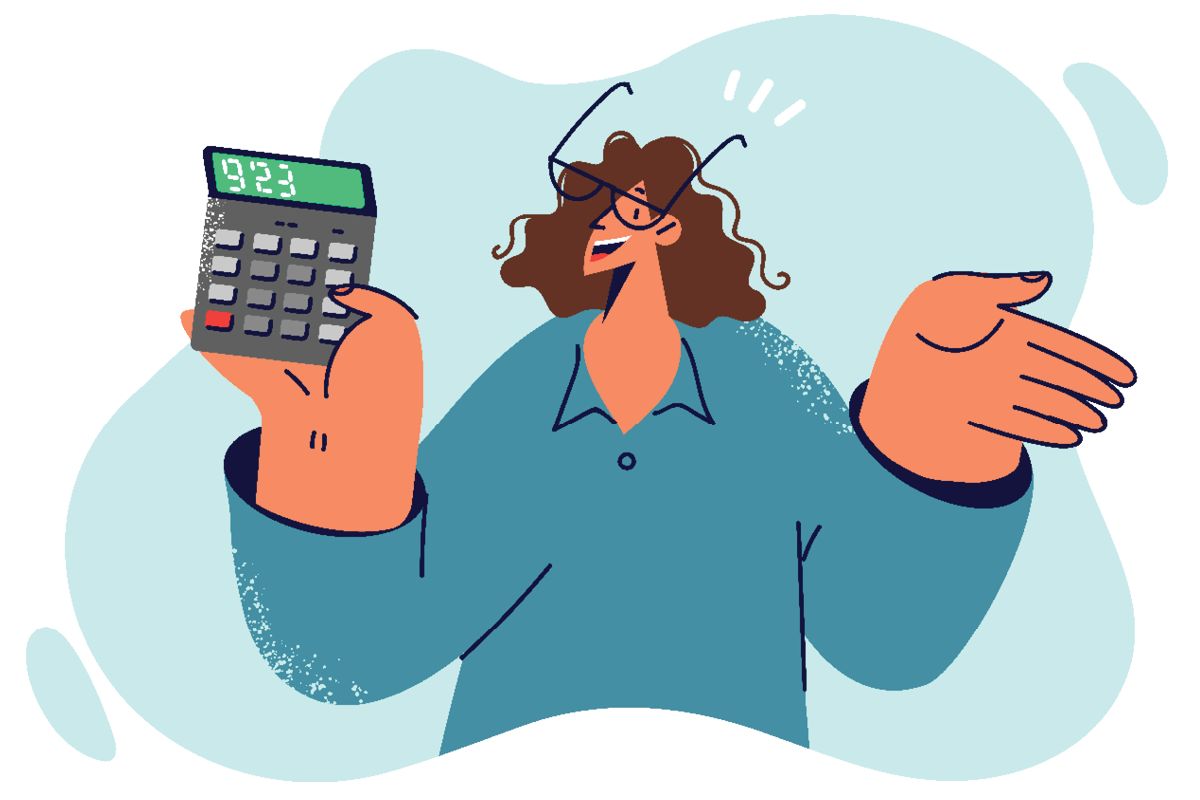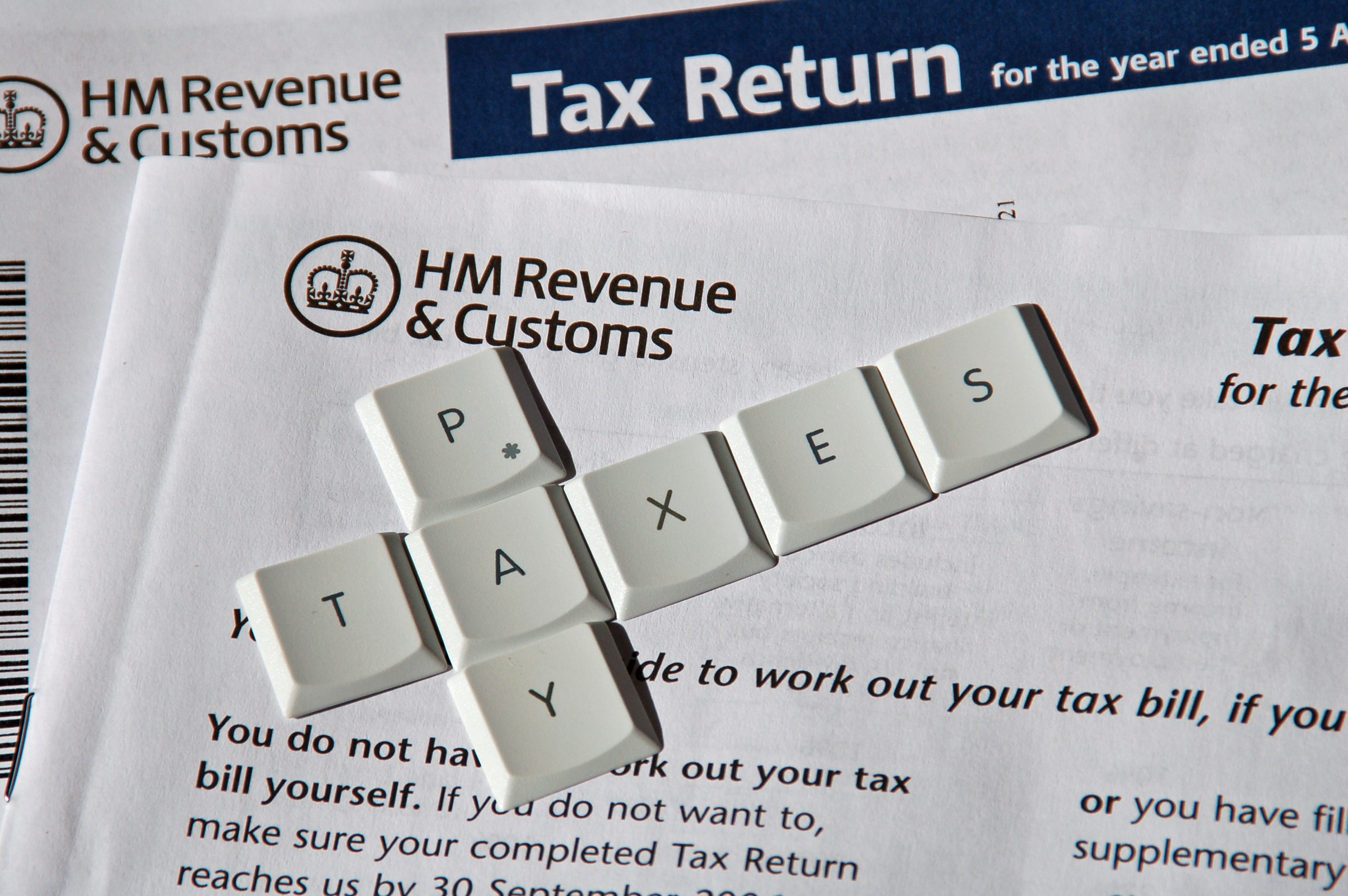On Tuesday 9 January, we hosted a X/Twitter question and answer session with HW Fisher. Consultant Barry Kernon provided detailed responses to questions submitted by our members and wider community.
We have compiled Barry’s answers below as a handy guide to some of the most asked questions on tax by authors.
You can access HW Fisher’s full tax guide for Authors and Freelance Journalists here.
Additionally, if you’re an author and you are interested in discussing your personal circumstances with Barry, you can get in touch with him here.
Do I need to treat VAT differently now that the UK has left the EU?
If you’re dealing with UK publishers, you should continue to add VAT to any fees for services, royalties and advances. You don’t need to add VAT if you’re dealing with non-UK publishers.
What is ‘authors averaging’ and can I claim it?
Profits that vary over consecutive years can be averaged out to avoid higher tax rates and/or make use of unused personal allowances. This can be claimed by all individual authors creating their own copyright, except in the first and last years of your professional activity.
I’m thinking about whether it’s better to operate through a limited company or on my own. What are the things I need to consider?
The first thing to consider is how much annual income you are likely to generate and the level of income tax you would be liable to pay as an individual vs corporation tax.
If you are paying Income Tax and National Insurance at a combined rate of 47% and the company pays at 19% there is a considerable cash flow advantage to operating as a company, as you can invest profits within the company.
You must consider where copyright is assigned. It is generally more tax efficient for the company to buy the copyright and claim corporation tax relief on the purchase price. If an author assigns a copyright after its creation, they will be liable for income tax on the market value.
Are there any expenses that authors often overlook?
The most common omission we see is the use of the home as an office. You can claim rent/mortgage interest, council tax, buildings and contents insurance etc. for a room furnished as an office. Otherwise, these costs and light and heat need to be apportioned based on time spent.
What do I need to keep receipts for and how long should I keep them?
We would recommend keeping all receipts, business and domestic, together with annotated bank statements and credit card statements, and any related records, for a period of six years from the end of each tax year.
Keeping non-business items helps to demonstrate to HMRC that private expenses have been excluded from any claims.
If I move abroad, do I still need to pay UK tax on royalties I receive?
No, there is an exemption that covers any bona fide author carrying on the profession outside the UK.
Are there any areas of income that authors tend to overlook?
Public Lending Right and the Authors Licensing can make a big difference but are often missed by authors! These sources provide payment based on books being borrowed from public libraries, photocopying, digital reproduction etc.
How much do I need to be earning before I need to start thinking about charging VAT?
The compulsory registration limit is £85,000 UK earnings in any consecutive 12 months. Once you have exceeded this limit, you have 30 days to register. It’s possible to register for VAT at any time and it will always save you money to do so.
My partner and I are both self-employed and work from home. Can we both claim household costs?
Claims are based on the expenses incurred, regardless of who pays for them. If one room is used as an office, this can be claimed, but only once. Some people claim half each, while others have a room each.
Should I have a separate business bank account?
It can be useful to have a separate account to keep all income and expenses related to work in one place. From 2026, Making Tax Digital will extract information directly from bank statements and thus it will be advisable to have a separate account.
MTD will apply to authors with gross turnover over £50,000 in 2026/27 and £30,000 thereafter.
What are the most frequent mistakes authors make on their tax returns?
The most common error is to show income after deduction of agent’s commission and VAT. Gross income should be shown, and a claim made for any deductions. HMRC enquiries can be minimised in this way.
What tax issues are authors most confused about?
The Income Tax payments on account system sometimes causes confusion, particularly in the early days of the profession.
Tax on the first year’s income is payable on 31 January following the year of assessment but it often comes as a surprise that a payment of another 50% is due on the same day, on account of the then current year.
A further 50% payment is due on 31 July following the year of assessment. Applications can be made to reduce payments on account where it is known that income is falling.
When you receive royalties via an agent, do you pay tax on the whole amount received from the publisher, or just what actually comes through once the agent’s commission is taken off.
You don’t pay tax on the whole amount. The tax liability is on the net payment after deduction of the commission.
When do HMRC want a detailed expenses claim?
A detailed expenses claim is only required where the author’s turnover is above the VAT registration limit, currently £85,000 per annum. A full record should be kept so that any HMRC enquiries can be answered.
Can an author claim that most cultural expenditure, e.g., books and theatre tickets, are business expenses, as it all feeds into the work? I have a Netflix subscription. Some of the films relate to my work and some are family films. Can I claim for a percentage of the subscription?
Authors can generally claim that most cultural expenditure e.g., books, theatre tickets and Netflix is business related. It is generally advisable to exclude a percentage to cover any private element.
We recommend keeping all receipts, annotated bank and credit card statements, and any related records, for six years from the end of each tax year. It is helpful to keep paper or digital files, tax year by tax year.
How can I reduce my tax obligations in foreign countries?
The UK has double taxation agreements with most countries. It is the author’s responsibility to minimise the tax paid in the other country.
HMRC can deny relief if claims are not made under the applicable double taxation agreement. Claim forms have to be certified by HMRC – where forms are not available, a request for a Certificate of Tax Residency should be made online.
If I am earning very little – just a few bits from PLR and ALCS and the odd royalty – do I still need to submit a tax return? Even if it’s just £100 or so?
As long as you maintain that you are continuing as a professional author, HMRC will require a tax return. If you say you have ceased, HMRC might discontinue the tax return process, but you will still need to notify them of the income from time to time, so that tax can be collected.
However, if your gross freelance earnings are £1,000 or under, no declaration is necessary unless your expenses exceed your income, and you wish to claim relief for the loss sustained.
If your earnings exceed £1,000 you can claim your expenses against this or £1,000, whichever is the higher figure. The £1,000 figure is called the trading allowance, and this cannot be used to create a loss for tax purposes.






